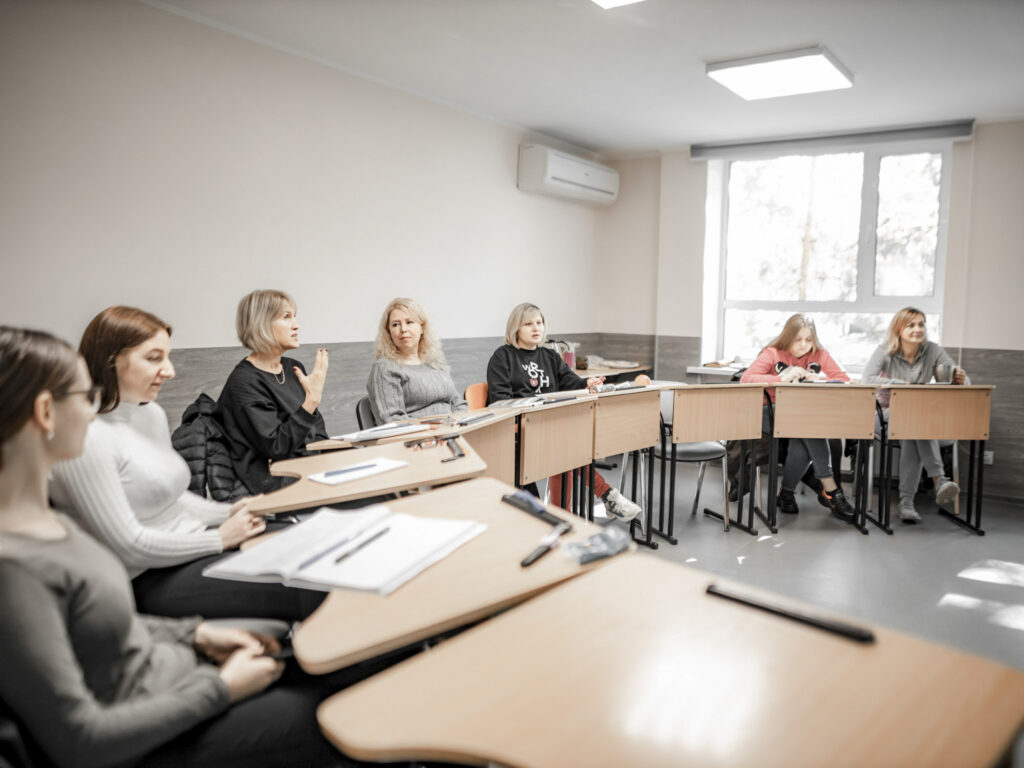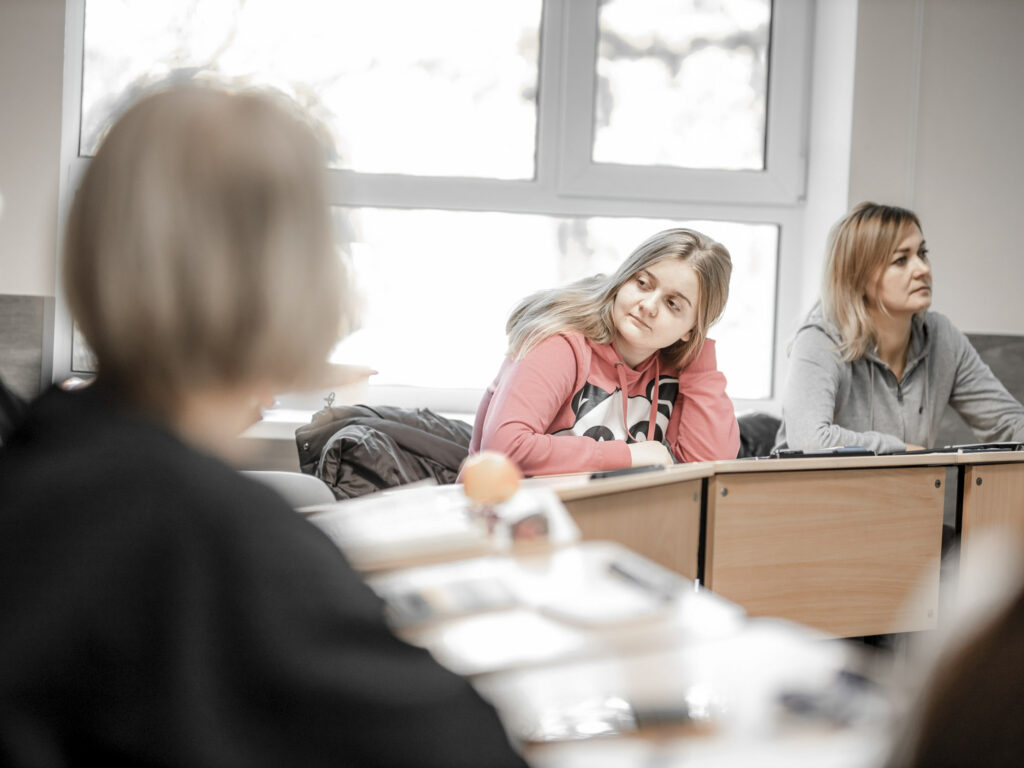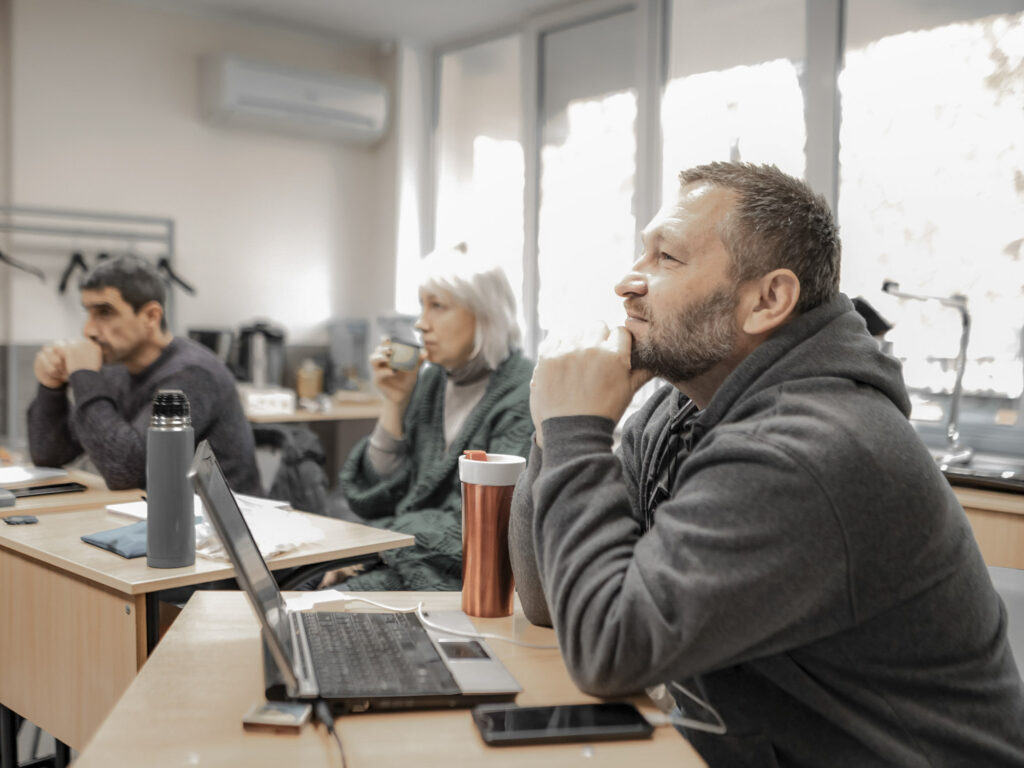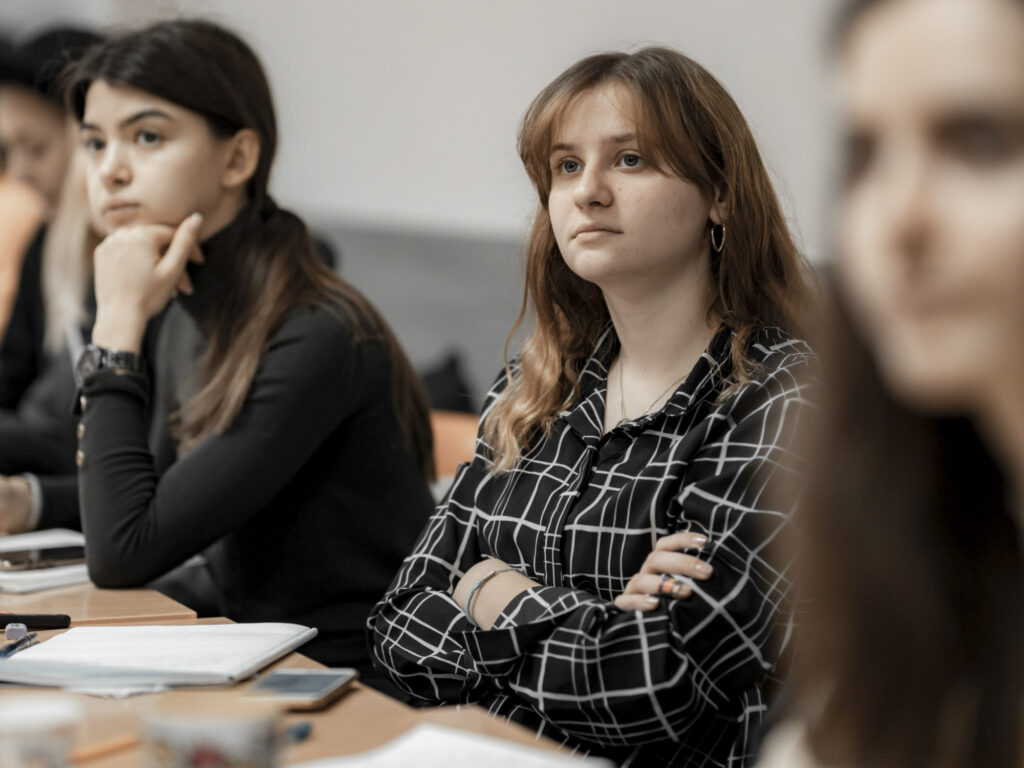
The program is intended to meet the need of the present-day Christian ministry in psychological knowledge and skills of psychological assistance, train professionals in the sphere of providing psychological assistance both in the church environment and society.



I have chosen UETS because, first of all, it is the only institution integrating academic knowledge...
Graduate of the Bachelor of Practical Psychology non-residential program
I wanted to get education in a theological institution of higher education, and comments about the...
Graduate of the Bachelor of Practical Psychology non-residential program